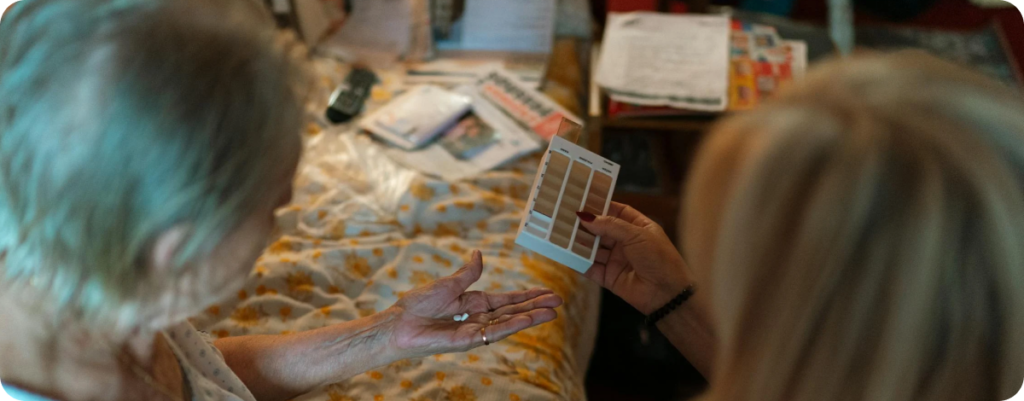CQC Regulated Care vs Unregulated Care
Choosing the best care option for your loved ones can be challenging. With numerous service providers and care packages available, the decision-making process can feel overwhelming.
We’re here to help you understand a key difference between care options: Regulated vs Unregulated Care.
What is Regulated Care?
Regulated care in the UK refers to services that are monitored and overseen by an independent body. In England, this is the Care Quality Commission (CQC), and they ensure quality and safety standards are met.
Regulated care organisations tend to provide a broader range of services, including:
1. Personal Care: Assistance with personal hygiene, dressing, and grooming.
2. Medical Care: Administration of medication and medical treatments.
3. Household Tasks: Help with cleaning, cooking, shopping, and other household chores.
4. Companionship: Social interaction and support to reduce isolation.
5. Specialised Support: Care for individuals with specific conditions such as mental health difficulties, dementia, physical disabilities, learning disabilities and sensory impairment.
Providers of regulated care must comply with national standards, including organisation policies, staff qualifications, training, and vetting, as well as policies on safeguarding, health and safety, and quality of care.
The service would be regularly audited and inspected to ensure that it is delivering a high level of care.


What is Unregulated Care?
Unregulated care involves services provided by individuals or organisations that do not need to be registered with or inspected by regulatory bodies like the Care Quality Commission (CQC) in England.
Key characteristics of unregulated care include:
• Non-Personal Care Services: Assistance with tasks like housekeeping, meal preparation, companionship, and running errands, which do not involve direct personal care.
• Private Arrangements: Care arranged privately between the Care Worker and the recipient, without involvement from registered care agencies, these are called personal assistants. This is becoming more common when service users manage their own budgets.
While unregulated care can offer flexibility and lower costs, it lacks the safeguards and quality controls of regulated care.
This type of unregulated care would require more input from families, they would need to build care plans and ensuring it is up to date, and making sure the carer understands their duties. Secondly, care needs can increase and can become more complex which may not be identified in time when a service is not regulated. A fully managed care service is able to arrange for training and replacement carers, at the same time monitor the quality of service being delivered.
We look forward to helping you!

